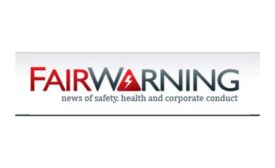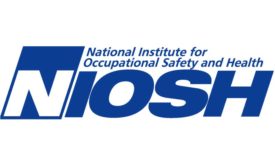Environmental Health and Safety
A FairWarning Story
Counterfeits hit home: Consumers are being foiled by fake water filters
January 15, 2020
KPA named A Best Place to Work in 2020 by Built In Colorado
Built in Colorado also includes KPA among Best Paying Companies and Best Midsize Companies to Work For
January 14, 2020
Become a Leader in Safety Culture
Build your knowledge with ISHN, covering key safety, health and industrial hygiene news, products, and trends.
JOIN TODAYCopyright ©2025. All Rights Reserved BNP Media.
Design, CMS, Hosting & Web Development :: ePublishing









